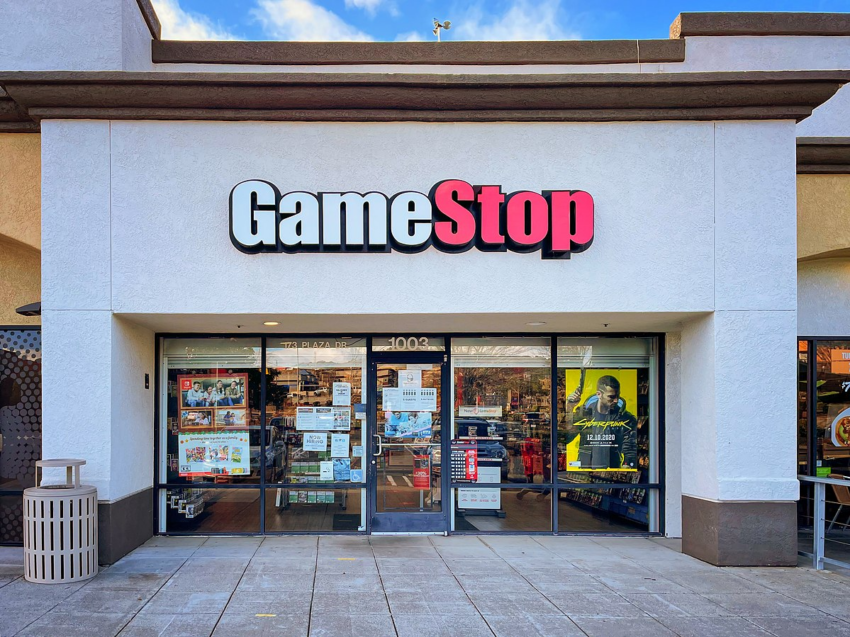GameStop, the video game retailer, has confirmed it will cease its support for its cryptocurrency wallets, citing “regulatory uncertainty.” Is its NFT marketplace the next to go?
According to its website, the company will remove its iOS and Chrome Extension wallets from the market on November 1. Only time will tell how this development will affect the company’s NFT marketplace.
Has the SEC spooked GameStop?
GameStop, founded in 1984, is based in Texas and regulated by the federal Securities and Exchange Commission (SEC). The agency, headed by Gary Gensler, has been aggressively targeting industry players.
On June 5 and 6 respectively, the SEC charged the two biggest crypto exchanges, Binance and Coinbase, for securities laws violations. Despite a recent win by Ripple, where a judge ruled the SEC was wrong in calling XRP a security, an atmosphere of fear and bewilderment still plagues the industry.
This is the environment in which GameStop operates. However, there is always the chance that GameStop is citing “regulatory uncertainty,” when, in fact, commercial considerations could be at play.
Learn more about Gamestop’s NFT marketplace: GameStop NFT Marketplace: The Basics Explained
The world’s largest video game retailer launched a public beta version of its NFT (non-fungible token) marketplace on July 11, 2022. The launch couldn’t have come at a worse time.
The wider crypto market was still reeling from the collapse of terraUSD (UST) and its aftermath. As a result, demand for crypto-assets of all kinds (but especially NFTs) plummeted.
In the first week, the marketplace cleared $5 million in trading volume, according to its launch partner Immutable X.
The Public Has Lost Interest in NFTs
Since then, the wider NFT market has struggled to recover. Google Trends shows that interest in NFTs peaked in January 2022, when Paris Hilton infamously discussed her Bored Ape NFT on Jimmy Fallon’s show. Since then, the public’s curiosity about the technology has waned.

On June 7, Gamestop fired its CEO, Matt Furlong, who spearheaded the retailer’s charge into the world of NFTs. The company did not provide a reason for the termination.
Shares of the video game company dropped more than 20% following the announcement. Observers widely interpreted the news as a rejection of the company’s foray into digital assets.
The gaming retailer has struggled to find a new niche since gamers moved their purchases from the high street to online. Analysts saw the company’s wallet and NFT marketplace as ambitious plays into a new market.
So far, the gamble doesn’t appear to be paying off.
Disclaimer
In adherence to the Trust Project guidelines, BeInCrypto is committed to unbiased, transparent reporting. This news article aims to provide accurate, timely information. However, readers are advised to verify facts independently and consult with a professional before making any decisions based on this content. Please note that our Terms and Conditions, Privacy Policy, and Disclaimers have been updated.


